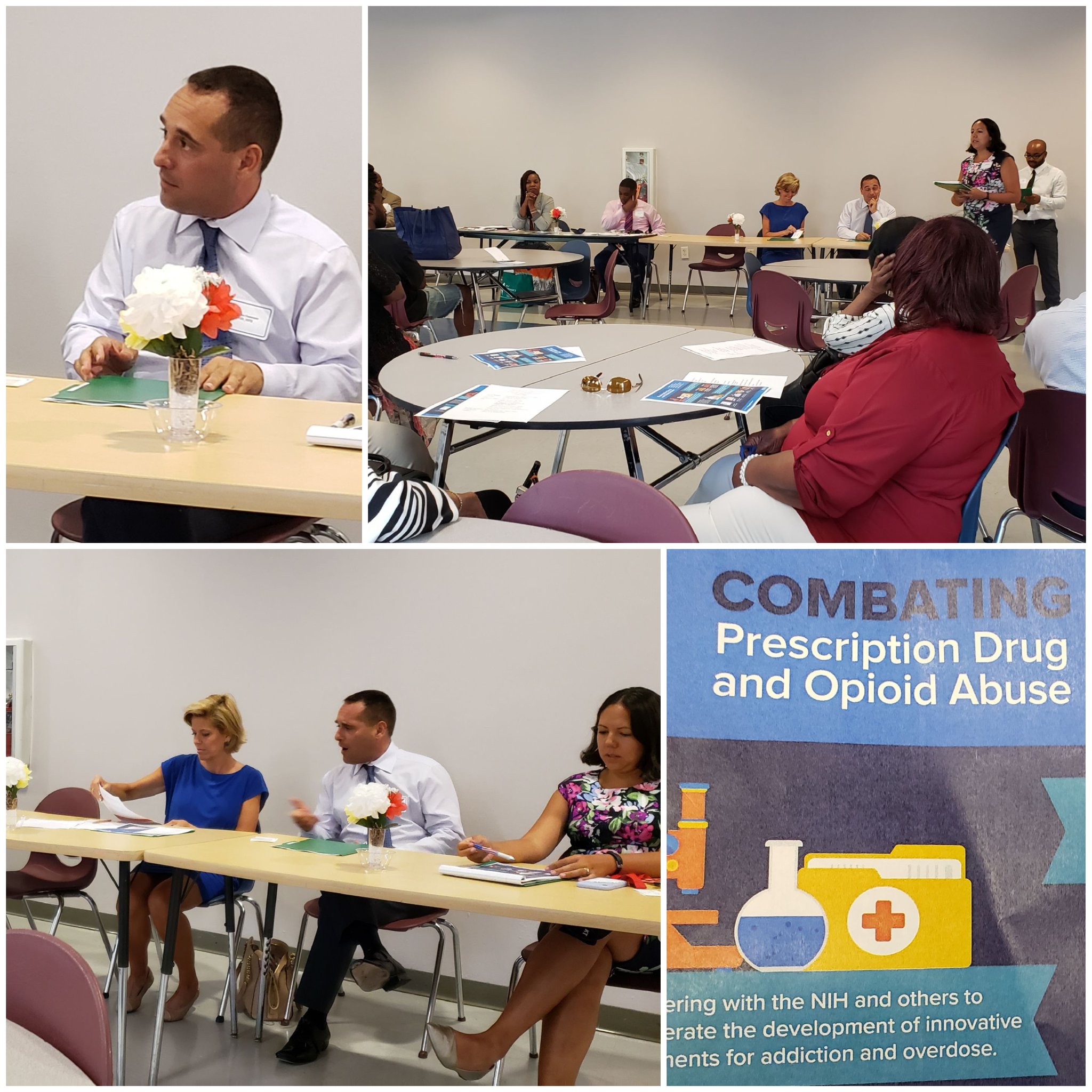Opioid Policies

Much like the rest of the United States, residents of the District of Columbia are struggling with substance use disorder (SUD) rate increases and high rates of opioid-related deaths. Unfortunately, these are multi-faceted issues that require year-long initiatives and systematic programs to address the myriad causes of addiction.
MSDC stands as a partner to the District government and private entities to help arrest the rates of opioid and substance abuse in the District. Through our advocacy for better prescribing practices, education on addiction, and even helping our own community through our Physician Health Program, MSDC is working to make DC a leader in reducing SUD, OUD, and addiction.
On a related note, MSDC is passionate about helping patients make prescriptions and medication more affordable. Whether expanding access to biosimilars or advocating for more affordable co-pays, MSDC wants to help our patients afford the medications they need.
MSDC Statement and Testimony on Opioid and Prescription Issues
25th Council information coming soon
AMA Survey: Payers Failing to Fulfill Prior Auth Promises
In 2018, the medical and payer communities announced a voluntary agreement to reform the prior authorization process. Four years later, a new survey shows the payer side is failing to live up to its agreements.
In the survey released Tuesday (see here), over 1,000 physicians were interviewed about the impact of prior authorization on their practice. The results show that some promised reforms are just that - promised. For example:
- 9% (not a typo) of respondents reported "contracting with health plans that offer programs that exempt providers from [prior authorizations]"
- 65% (prescription) and 62% (service) of providers reported it is difficult to determine if their order requires a prior auth request.
- 26% of doctors reported their EHRs enable electronic prior auths for prescriptions
- 88% of doctors still say prior auths interfere with their continuity of care for patients.
“Authorization controls that do not prioritize patient access to timely, optimal care can lead to serious adverse consequences for waiting patients, such as a hospitalization, disability, or death,” AMA President Gerald Harmon, M.D., said in a statement. “Comprehensive reform is needed now to stem the heavy toll that continues to mount without effective action.”
MSDC is leading an effort in the District to force change in the prior authorization process. Bill B24-655 would align the District with reforms seen in many other states and outlined as best practice by the AMA. MSDC is pushing the Committee on Health to hold a hearing on B24-655 to allow patients and providers to share their stories. If you would like to get involved in MSDC's effort, visit msdc.org/priorauth or contact hay@msdc.org.
Sample of Legislation MSDC Tracked on Opioid and Prescription Policy
What does it do? The bill authorizes licensed pahrmacists to dispense interchangeable biological products and requires notifications to physicians when such interchangeables are dispensed.
MSDC position: MSDC has a position of priority support on this legislation, identifying its passage as one of its highest legislative priorities.
Current status: SUCCESS. The bill was passed by the Council and signed by the Mayor.
What does it do? The bill requires prescription opioid medications to include a statement that the drug is an opioid and opioids may cause dependence, addiction, or overdoes.
MSDC position: MSDC supports the legislation.
Current status: The bill had a hearing before the Committee on Health on July 29, 2020. MSDC leader Dr. Sam Kareff testified for the Medical Society. It passed the Council on November 10 and was signed by the Mayor December 7.
What does it do? The bill prohibits insurance companies from factoring the use of PreP in decisions related to disability, life, or long-term care policies.
MSDC position: MSDC supports this legislation
Current status: The bill was introduced on January 8, 2019 and assigned to the Committee on Business and Economic Development.
